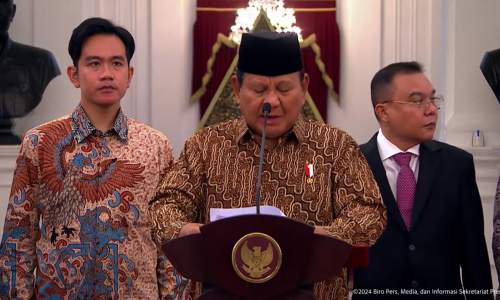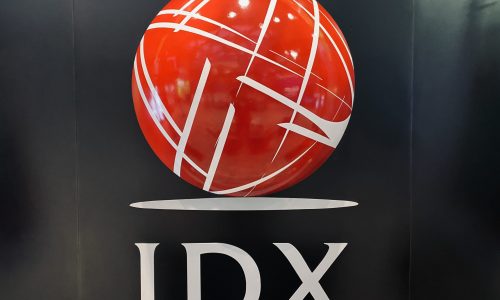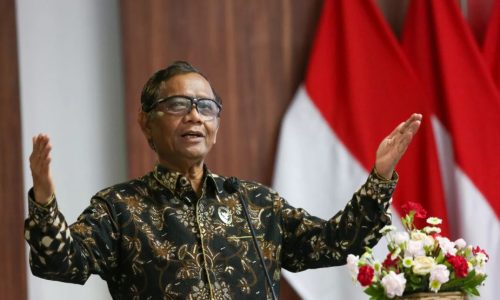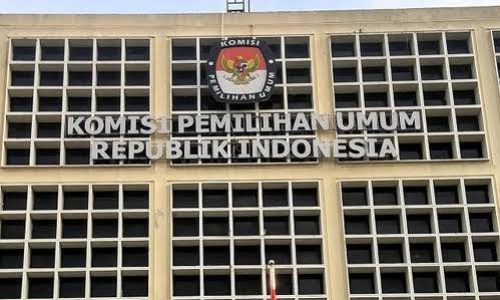The Indonesian Shopping Center Association (APPBI) emphasizes the need for additional incentives for mall development in the new capital city, Nusantara (IKN), citing the current low population as a challenge.
APPBI chairman, Alphonzus Widjaja, said that the current and projected population in IKN is not yet sufficient to support mall operations, which are directly correlated with population size.
To address this challenge, Alphonzus suggested the provision of easy and affordable financing options to help mall developers manage the significant costs associated with establishing operations in the new capital.
“With the current population in IKN being relatively low, light financing options are necessary to support mall operators who will bear substantial burdens,” Alphonzus said during a meeting at the Ministry of Trade on Tuesday, July 30, 2024.
Currently, the IKN Authority offers two primary incentives to pioneer investors: long-term land rights and tax relief.
However, Alphonzus argued that additional credit incentives, such as extended loan tenures or grace periods, are crucial to attracting investment.
According to projections by the IKN Authority, the population in the new capital will reach approximately 1.7 to 1.9 million by 2045, aligning with the city’s planned capacity.
However, the development of malls is considered different from office buildings, as the commercial success of malls heavily depends on the number of visitors and consumer spending, which are influenced by the local population size.
In a related trend, Cushman & Wakefield Indonesia (CWI) observed a shift towards smaller shopping centers focusing on social activities.
This trend, which began in Jakarta, is expected to spread to other regions. CWI noted that several malls with areas under 20,000 square meters are set to open next year, with the smallest being Antasari Place-Cornerstone in South Jakarta at 5,000 square meters.
CWI Managing Director Lini Djafar highlighted that this trend reflects a preference for social activity-oriented spaces, with future malls expected to feature smaller retail spaces predominantly occupied by restaurants and food outlets.
These developments are particularly noted in areas with significant population growth, such as Sentul City in Bogor and Summarecon Bekasi in Bekasi.









